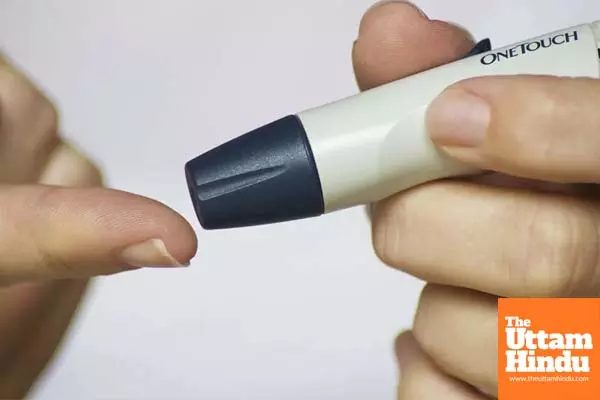Global Type 1 diabetes market to reach $9.9 billion by 2033, growing at 13.3% CAGR

New Delhi (The Uttam Hindu): The global Type 1 diabetes market is projected to grow significantly, reaching $9.9 billion by 2033 driven by a compound annual growth rate (CAGR) of 13.3%, according to a recent report. The market valued at $2.2 billion in 2023 will see most of its growth in the seven major countries: the US, France, Germany, Italy, Spain, the UK and Japan. The US is the dominant player in this market, accounting for 80.4% of global sales in 2023, with its share expected to increase further, reaching 91.6% of Type 1 diabetes sales in these seven countries by 2033. This growth is expected to be fueled by the introduction of several late-stage pipeline products, particularly immunomodulatory agents, which could significantly improve treatment outcomes for patients.
Rapid-acting and ultra-rapid-acting insulin analogues are gaining popularity, and their use in conjunction with insulin pumps is anticipated to enhance glycemic control. Research has shown that both prescribing physicians and patients have a favorable view of these insulin analogues, further driving market growth. Several agents in late-stage development, including Eli Lilly’s insulin efsitora alfa, Novo Nordisk’s Awiqli and Johnson & Johnson’s ustekinumab are expected to contribute to this growth. Sanofi’s Tzield (teplizumab) the first disease-modifying therapy for Type 1 diabetes, has also received FDA approval and is anticipated to become the leading drug in the market with projected sales of $4.8 billion by 2033. Despite the promising growth, the market faces challenges. The high cost of immunomodulatory agents may result in insurance and reimbursement barriers, affecting drug sales. Additionally, the high failure rate of clinical trials in developing disease-modifying treatments could slow progress in the field. Nonetheless the increasing adoption of immunomodulatory agents is expected to account for 63.5% of Type 1 diabetes sales by 2033, driving the market forward and shaping the future of diabetes care.
